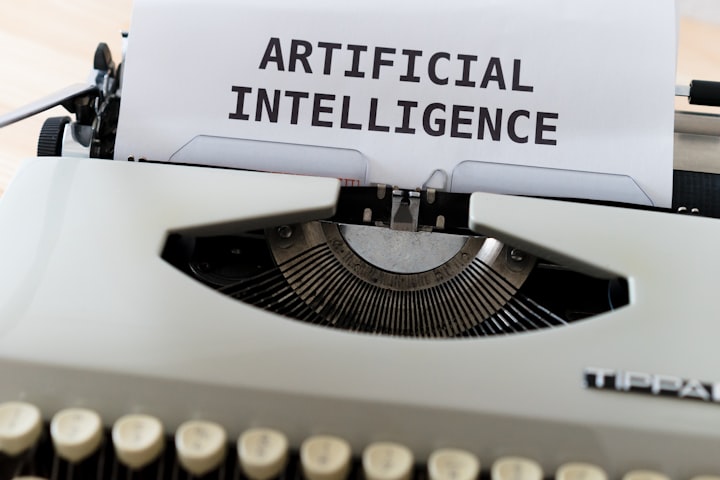
Artificial intelligence (AI) is transforming the world as we know it, with applications that range from medicine to finance to entertainment. As AI continues to evolve, it is driving innovation and revolutionizing the way we live and work. In this article, we will explore the many ways AI is changing the world and how it is shaping the future of various industries.
Healthcare:
AI is making healthcare more personalized and efficient. From AI-powered medical diagnosis to robotic-assisted surgery, AI is enabling doctors to provide better care for their patients. By analyzing patient data, AI models can help doctors make more informed decisions about treatments, and even predict potential health risks before they become critical. For example, IBM's Watson Health platform uses AI to help clinicians make more informed decisions by analyzing large amounts of medical data. This can help reduce errors and improve patient outcomes.
AI is also being used to develop new treatments for diseases. Researchers are using AI to analyze large data sets to identify new drug candidates and potential treatments. AI can also be used to accelerate the drug discovery process, which can reduce the time and cost of developing new drugs.
Finance:
AI is transforming the finance industry by making financial services more accessible and efficient. AI-powered chatbots are replacing traditional customer service representatives, and machine learning algorithms are helping banks detect fraud more accurately. Investment firms are also using AI to make smarter investment decisions, leading to more significant returns for investors.
One of the most significant advantages of AI in finance is its ability to analyze vast amounts of data quickly. This can help financial institutions make more informed decisions about risk management and portfolio optimization. For example, BlackRock, the world's largest asset manager, uses AI to analyze news articles, social media, and other sources of data to make investment decisions.
Transportation:
The development of self-driving cars is just one example of how AI is changing the transportation industry. By using sensors and machine learning algorithms, these cars can navigate roads and traffic more safely and efficiently. In addition, logistics companies are using AI to optimize shipping routes, reducing delivery times and costs.
AI is also being used to improve public transportation. In Singapore, AI is used to optimize bus routes, reducing travel times and making public transportation more accessible to residents. Self-driving buses are also being developed, which could improve public transportation services in urban areas.
Entertainment:
AI is changing the entertainment industry by making it easier to create and distribute content. For example, AI algorithms can analyze user behavior to recommend content tailored to their interests. AI is also being used to create more immersive experiences in video games and virtual reality environments.
AI is also being used to create music and other forms of art. In 2016, a team of researchers at Sony's Computer Science Laboratories developed an AI system that could create original music compositions. The system analyzed thousands of pieces of music to learn musical styles and generate original compositions.
Challenges and Limitations:
While AI has many advantages, it also poses some challenges. One of the biggest concerns with AI is the issue of bias. AI models can pick up on biases in the data they are trained on, which can lead to unfair or discriminatory outcomes. There is also the challenge of ensuring that AI is used ethically and responsibly, particularly in areas such as privacy and security.
Another limitation of AI is its inability to understand context and common sense. AI models can only operate based on the data they are trained on, which means they can struggle to understand situations that deviate from their training data. This can lead to errors or incorrect predictions.
Conclusion:
Despite these challenges, the potential benefits of AI are vast, and the technology is transforming various industries at an unprecedented rate. With further developments and innovations in AI, we can expect to see even more significant changes in the way we live and work.
However, it is crucial that we approach AI with caution and ensure that its development and implementation are ethical and responsible. As AI continues to evolve, it is essential that we address the challenges and limitations of the technology, and work to ensure that it is used for the greater good of society.
In summary, AI is changing the world in many ways, from personalized healthcare to smarter finance decisions and more efficient transportation. While there are still challenges and limitations to overcome, the potential benefits of AI are significant, and it is clear that AI will continue to revolutionize the way we live and work for years to come.





Comments (1)
Elevate Your Computing: i7-13700KF Dominates the Scene https://www.digiupdatehub.tech/2023/09/elevate-your-computing-i7-13700kf.html